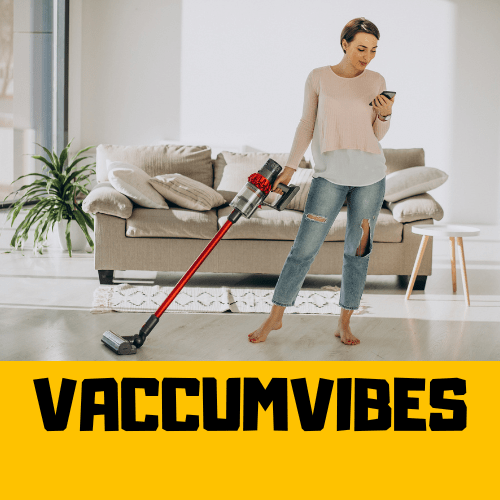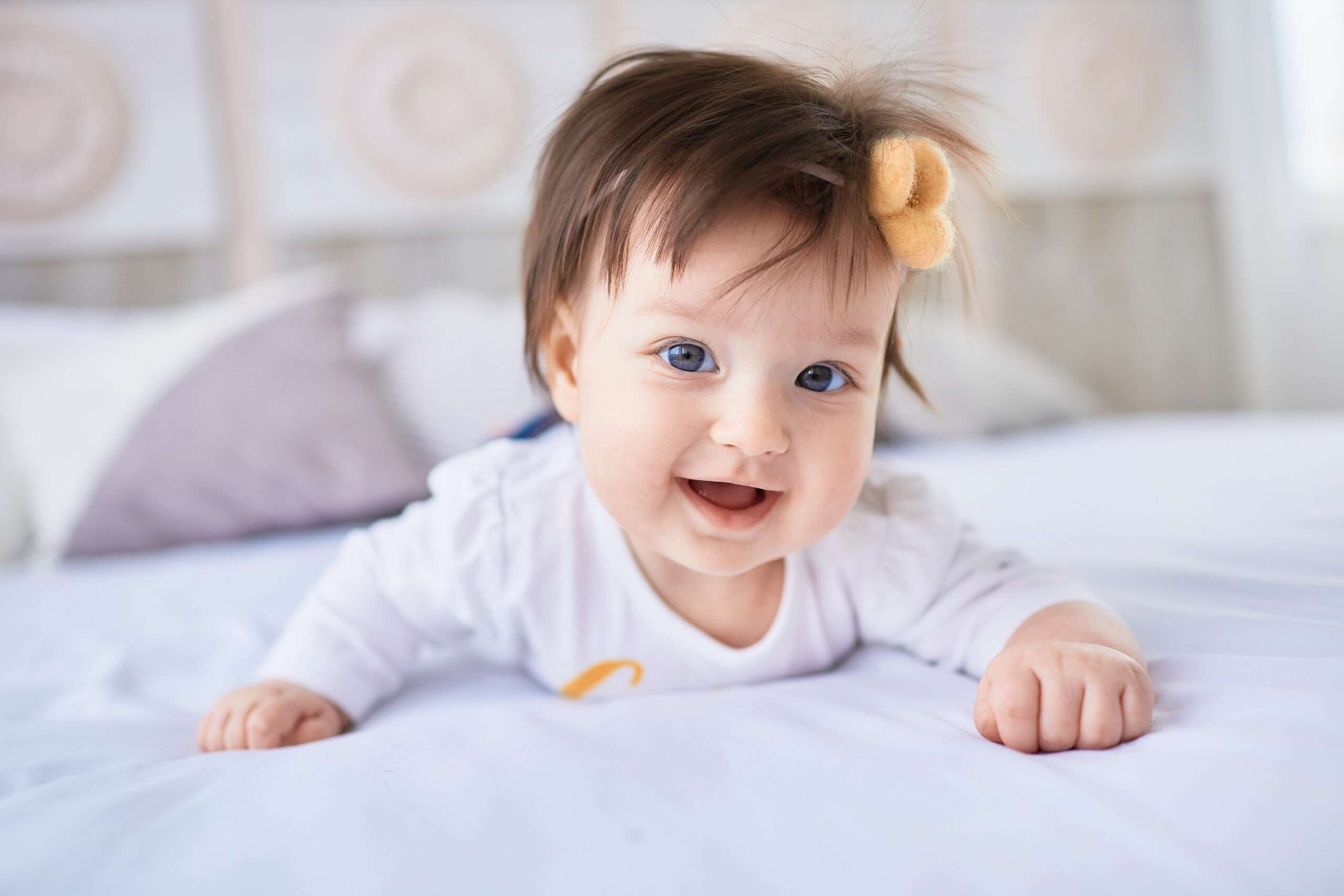
Modern homeowners find vacuum cleaners obligatory to maintain a germ-free and clean indoor environment still when it comes to their babies, they often wonder whether is vacuum cleaner sound safe for babies. Vacuuming is a crucial daily cleanliness regime to ensure the well-being of babies but is vacuum cleaner sound safe for babies?
With 50 decibels being the recommended tolerable noise level for infants, on average, vacuum cleaners produce noise ranging between 65 and 75 decibels making parents question whether is vacuum cleaner sound safe for babies and concerned about the negative impact of vacuum noise on the delicate auditory system of babies. This article will explore in detail whether is vacuum cleaner sound safe for babies with special reference to their sleep patterns, auditory development, and overall health.
Table of Contents
What is sound sensitivity in infants?
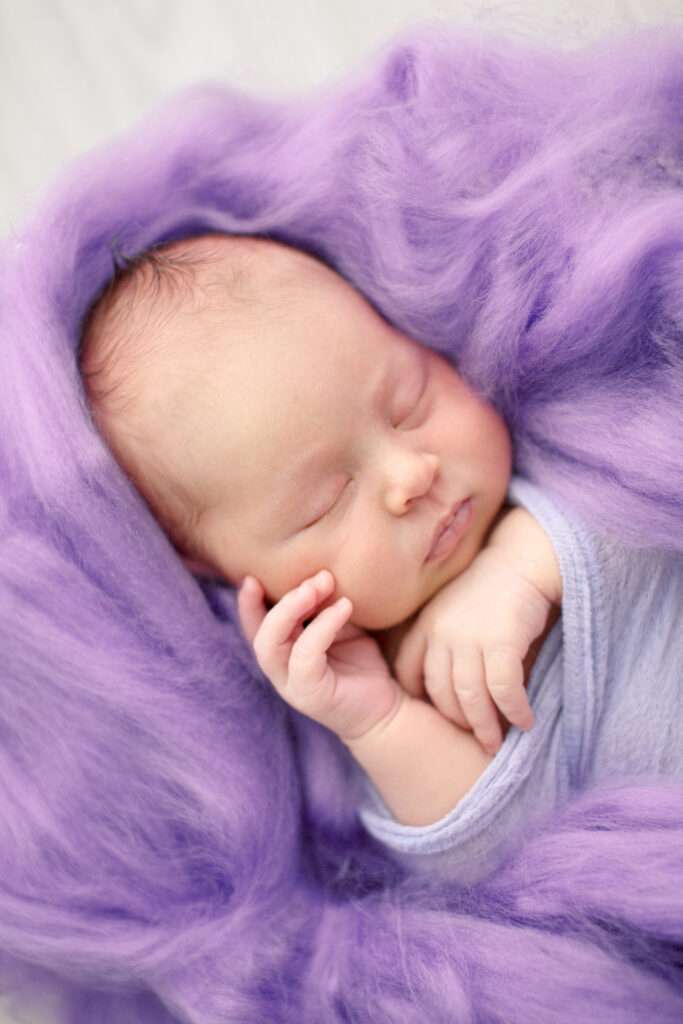
Babies in comparison to adults are more sensitive to sounds as their auditory development is still happening and thus when they encounter a sudden or loud noise they get startled and experience significant levels of discomfort and stress.
Characteristics of vacuum cleaner noise-Is a vacuum too loud for a baby?
Vacuum cleaners in general produce a unique noise that includes a combination of airflow, motor noise, and mechanical vibrations. On average, vacuum cleaners produce noise ranging between 65 and 75 decibels even though some of the high-end and innovative vacuum cleaner models produce noise levels within 60 decibels. Existing researchers have pointed out that, continuous exposure to heightened noise levels exceeding 85 dB can negatively impact human hearing capabilities, making cleaning enthusiasts-turned-parents weigh the noise levels of vacuum cleaners they are deciding to opt for.
Potential impact of vacuum cleaner noise on auditory development of babies
There is scanty existing research on the impact of heightened noise levels on the auditory development of infants but widely discussed studies have already put forward that prolonged exposure to heightened noise levels adversely affects the auditory development of infants. Consistent exposure to heightened noise levels during the crucial stages of auditory development of infants hinders the proper maturation of the auditory system raising levels of discomfort.
Most of the low-to-average vacuum cleaner models available in the market produce noise more than the recommended toleration level of infants.
Potential impact of vacuum cleaner noise on sleep patterns of babies
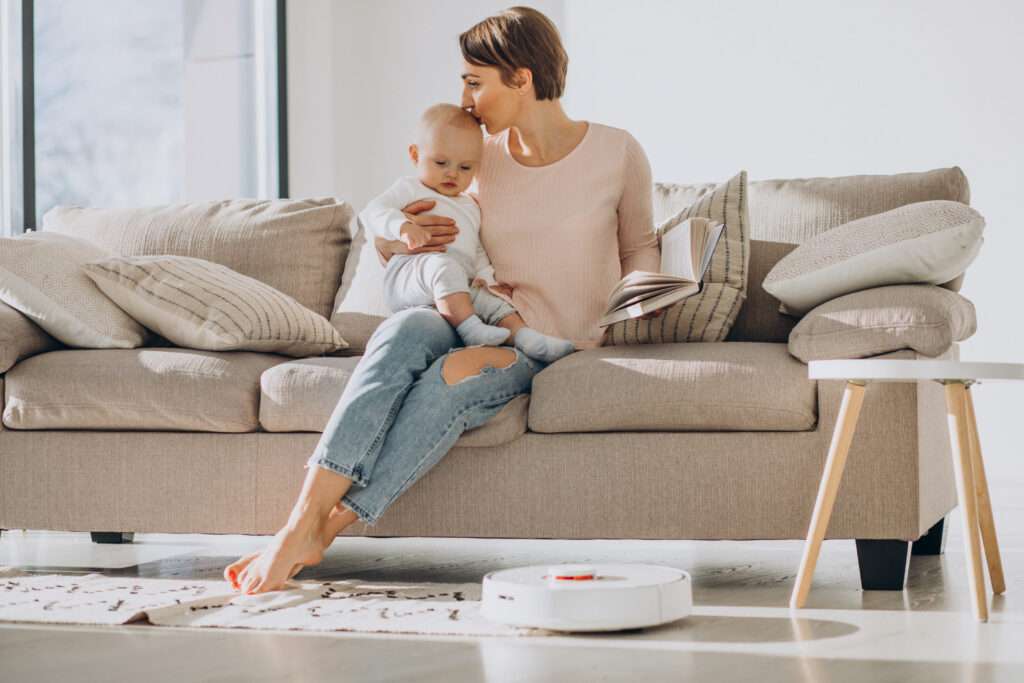
Infants, in their growing stage, require larger times of uninterrupted and adequate sleep for their proper brain and body development and in this regard, some babies have been witnessed to fall asleep quickly hearing the noise produced by the vacuum cleaners while other babies feel stressed and anxious when they encounter higher noise levels of vacuum cleaners. Those infants who do not like the noise of vacuum cleaners experience disrupted sleep patterns and do not get enough rest leading to hindered body and brain development.
Vacuum cleaner sound safe for babies-Strategies for minimizing the discomfort of babies due to vacuum cleaner noise
To safeguard infants from getting exposed to heightened noise levels vacuum cleaners for extended periods focus on using a high-end less noisy vacuum cleaner, transfer the baby to a different room or floor during vacuum cleaning sessions, or schedule the cleaning sessions when your baby is sleeping.
Purchase a vacuum cleaner model that emits noise at a lower decibel level while the vacuum cleaner cleans your living room so that your baby does not get anxious or disturbed.
Secondly, you can use the vacuum cleaner daily at a fixed time so that your baby gets used to hearing the noise every day and does not feel stressed on encountering it.
Thirdly, you can also look for noise-canceling earmuffs or headphones at markets or online platforms specially designed for infants to offer an extra layer of protection to the auditory development of babies.
Lastly, you can create a potential distraction for your baby while using the vacuum cleaner like playful activities so that they do not get affected by the disturbing noise produced by the cleaning tool. If you cannot eliminate the vacuum cleaner from your daily cleaning routine due to your busy professional life or due to having furry companions or asthma patients in your home, do not hesitate to consult a pediatrician to get insights on the sensitivities and needs of your baby.
Is it safe to vacuum while baby-wearing?
It depends on various factors whether it is safe to clean your living room or commercial space with a vacuum cleaner while holding the baby or toddler but consider using baby carriers or any other technique for additional support otherwise, the baby could fall on the wet floor or on the vacuum cleaner itself and it could lead to fatal results. Simultaneously using a vacuum cleaner and holding a baby in your arms can be risky at times if you are not attentive and cautious.
Why do babies sleep with vacuum cleaner noise?
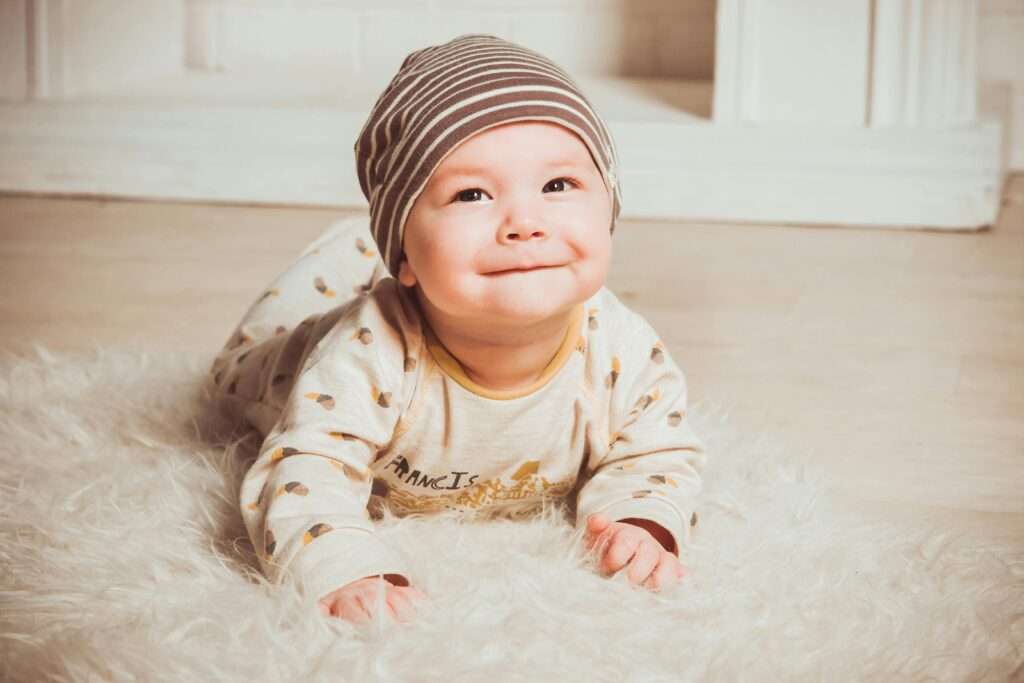
As vacuum cleaners make a consistent rhythmic noise, some babies have been witnessed to fall asleep quickly hearing the noise produced by the vacuum cleaners. Babies are inclined towards white noise and vacuum cleaners can imitate this white noise they experience in the womb making them feel soothing and calm. However, not all babies or toddlers feel comforted by hearing these noises for longer periods and can feel significantly disturbed and stressed on encountering these strong monotonous noise levels and start crying.
But in most cases, the monotonous humming noise produced by these cleaning tools eliminates other disturbing sounds and provides a sleeping cue and babies sometimes feel secure when they hear it.
Conclusion
You can explore creating a potential distraction for your baby while using the vacuum cleaner like arranging playful activities or using the vacuum cleaner daily at a fixed time so that your baby gets used to hearing the noise every day.
To safeguard your baby from falling victim to excessive noise levels of vacuum cleaners for longer periods focus on using a high-end less noisy vacuum cleaner, look for noise-canceling earmuffs or headphones at markets or online platforms specially designed for infants. You can also transfer the baby to a different room or floor during vacuum cleaning sessions, or schedule the cleaning sessions when your baby is sleeping.
If you are still worried about your baby but cannot eliminate the vacuum cleaner from your daily cleaning routine due to your busy professional life, do not hesitate to consult a pediatrician to get insights on the sensitivities and needs of your baby. It is recommended to strike a perfect balance between maintaining a germ-free and clean-living room and safeguarding your baby from long-term exposure to heightened noise levels of vacuum cleaners.
FAQs
Is vacuum noise too loud for babies?
Try to safeguard infants and toddlers from getting exposed to the excessive sound of vacuum cleaners for considerable periods even if some babies enjoy this sound and fall asleep quickly hearing the noise produced by the vacuum cleaners while other babies feel stressed and anxious when they encounter higher noise levels of vacuum cleaners. So, it depends on the respective sensitivities and needs of babies but higher noise levels always harm and hinder the auditory development of babies.
What is auditory development in infants?
Auditory development is a biological process in infants when the central and peripheral nervous system experiences developmental changes in response to body stimulation.

For the past five years, I’ve been engaged as an SEO content writer, specializing in crafting engaging blog posts. My focus lies in meticulously exploring and evaluating household cleaning appliances, particularly those integrated with cutting-edge and emerging technologies.
